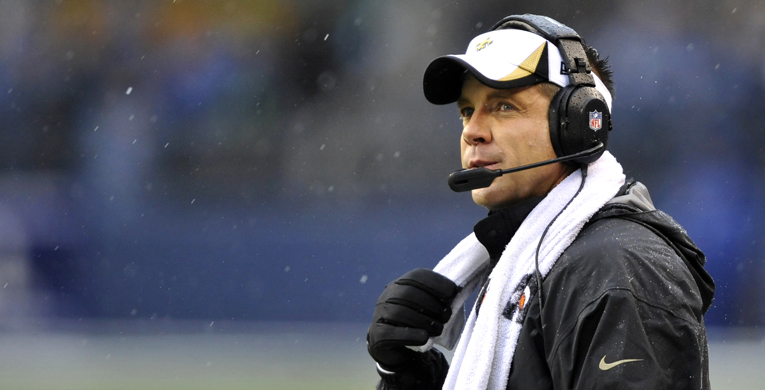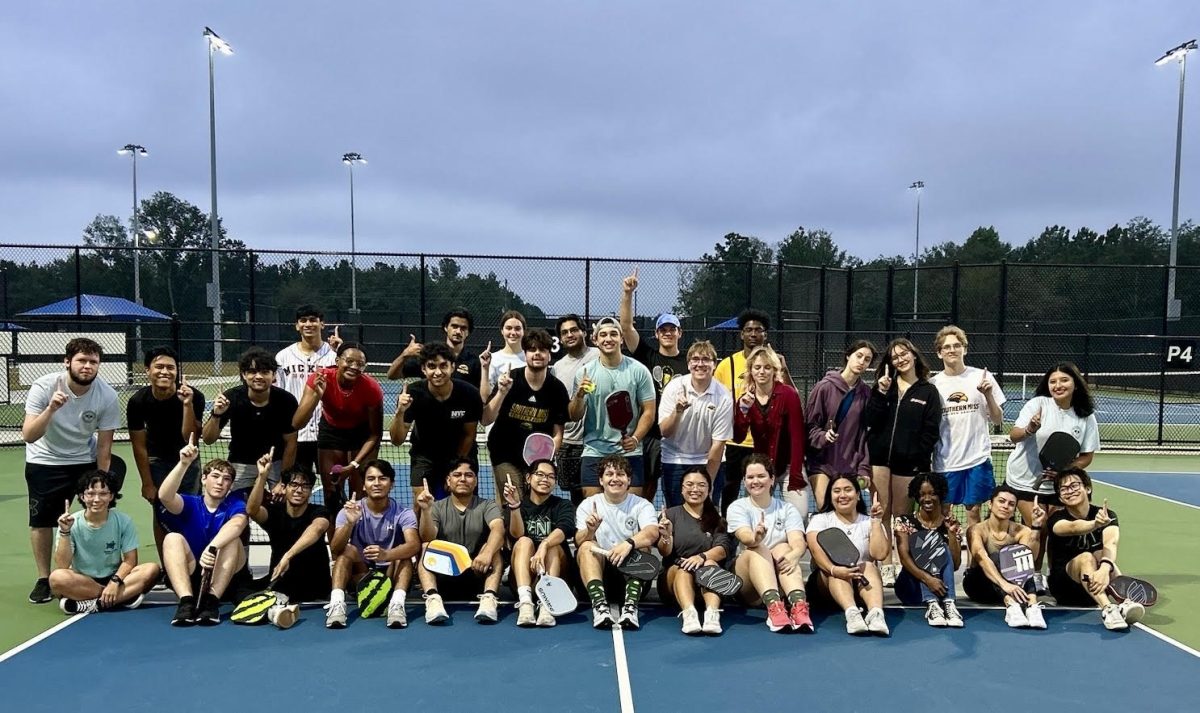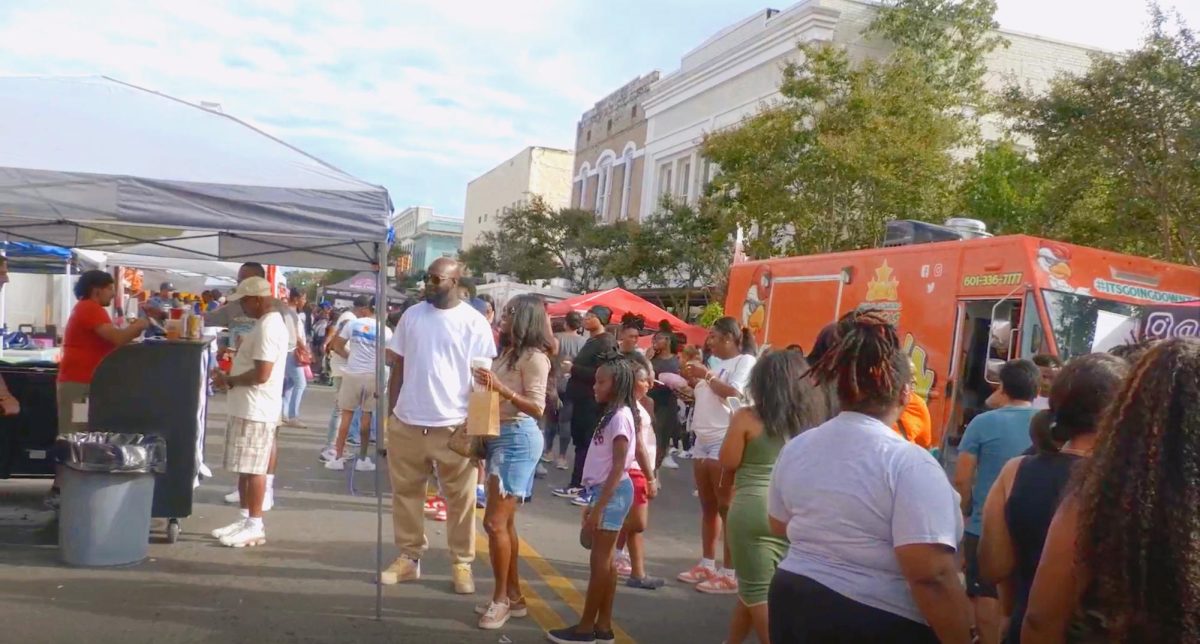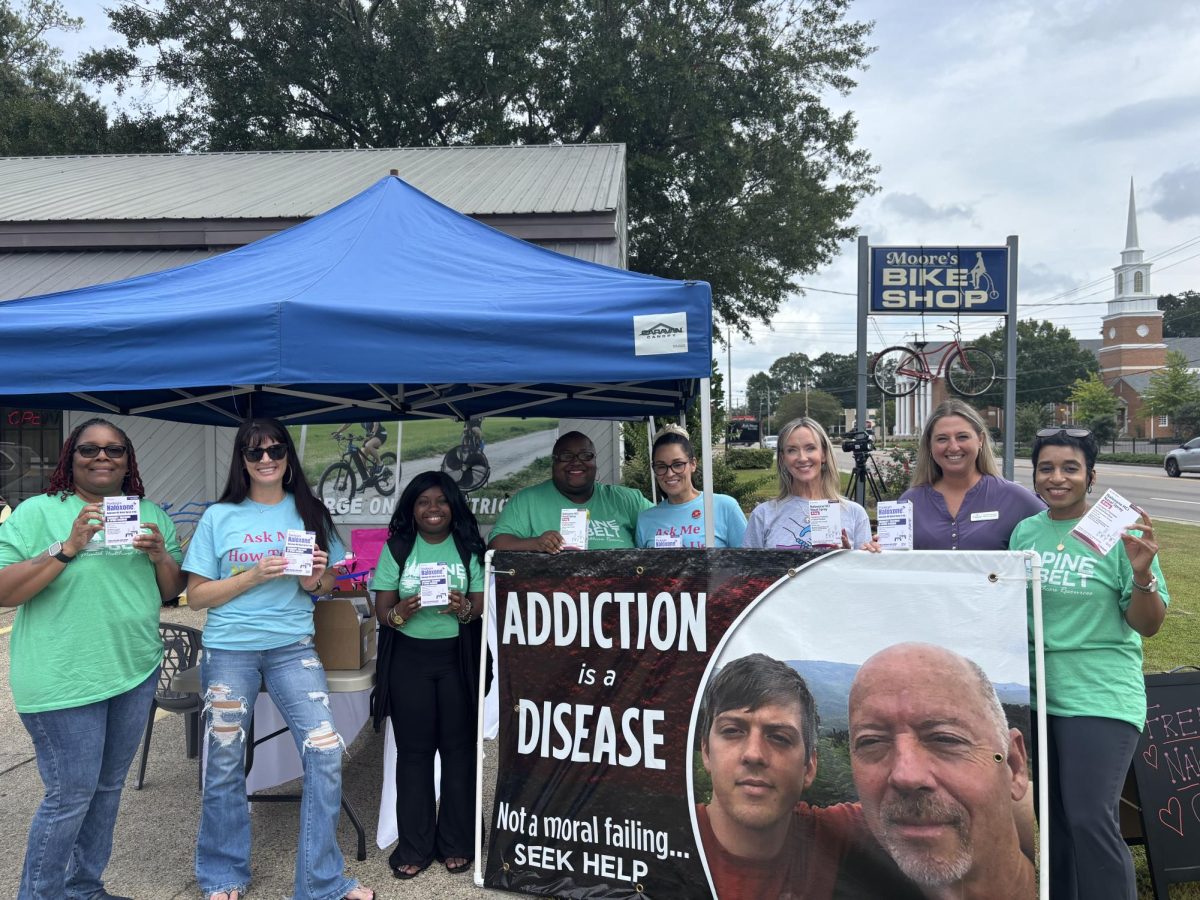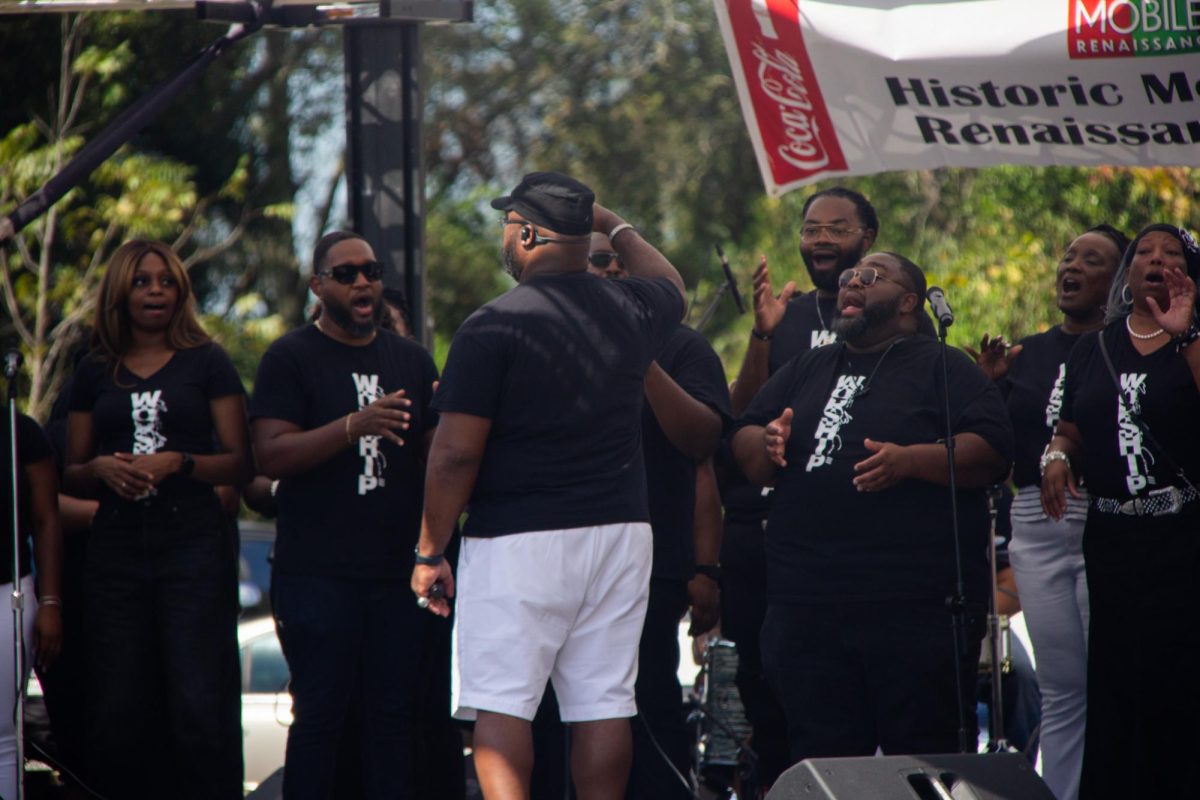
Steven Bisig/USA TODAY Sports
New Orleans Saints head coach Sean Payton spoke at the JCJC Foundation at the Lake Terrace Convention Center Tuesday night and covered a variety of topics that gave insight into his life.
The foundation is held annually to help raise money for JCJC’s athletic program. Last year’s event raised close to $10,000 with New England Patriots head coach Bill Belichick as the guest speaker.
The event started with JCJC President Jesse Smith giving a welcome to all the guests before they were served dinner and dessert. Once dinner and dessert were finished, it was time for Sean Payton to speak.
Payton started his speech by making sure everyone in the room knew how important the state of Mississippi is to the New Orleans Saints. Payton’s first year as head coach of the Saints was the ‘06-’07 season after Hurricane Katrina hit New Orleans. This forced the Saints to hold a training camp in Jackson at Millsaps College for the first three years of Payton’s coaching career.
“This relationship for the Saints and Mississippi is an easy one. Just under 20 percent of our season ticket holders live in Mississippi,” Payton said.
Payton spoke heavily on his relationship with coaching legend Bill Parcells. Parcells has been a mentor to Payton since his coaching days with the Dallas Cowboys and the two talk on a weekly basis. Parcells told Payton once he took over as head coach for the Saints, “there are only 12 good teams in the NFL. What are you going to do to become one of the 12?” Payton said the most important process of converting the Saints into one of those 12 teams happened in the state of Mississippi.
Even when he was the president of the Miami Dolphins, Parcells was still mentoring Payton.
“In 2009, when the Saints made it to the Super Bowl, he (Parcells) would get a call from me every night asking questions about how I should approach this game,” Payton said. “He was behind the idea of stealing a possession from then-Indianapolis quarterback Peyton Manning. Not necessarily the onside kick.”
Payton revealed what he called one of his most memorable games as a head coach. It came in 2006 when the Saints took on the Cowboys to decide the number two seed in the playoffs. This game was important to Payton because it was the first opportunity he had to coach against his mentor Parcells.
“You want to beat your mentor and here it is on national TV, it was one of those games where everything falls into place, and I had a chance to prove myself worthy to someone I have a great amount of respect for,” Payton said. The Saints would win this matchup against the Cowboys leaving a lasting memory for Payton.
When asked what the most important season to him was, Payton gave an answer that surprised most of his audience. Just about everyone figured the answer to be the ‘09 season, the year the Saints brought the Lombardi Trophy back to New Orleans, but Payton said the ‘06 season was the most important to him.
“The most important, not just for the team but for the region, was that very first season,” he said. “It was a time (when) we had trouble recruiting, most of the city was shut down and there was a lot of concern about the future of the city with the Saints and the Super Dome eighth and ninth on the list of issues. The fans rallied behind us that season and when it ended I realized this was the start of something special.”
Payton closed by talking about the 2012 season. This was the season the NFL suspended Payton from coaching the Saints after accusing him of covering up a bounty system that targeted key opposing players. “That 2012 season, there’s a month or so where I’m extremely bitter and angry at what took place knowing how the league had spun that and how they tried to the best they could (to) make the public feel a certain way.”
During the suspension Payton would help coach his son’s middle school football team Liberty Christian as the offensive coordinator. He would not let the suspension keep him down for too long though, instead he used it to catch up on a lot of the things he missed as a head coach for a professional football team. He spent most of his time with his kids and being a part of their school activities.
Payton thanked the audience for letting him tell his story, and received a standing ovation with his ending remark. “We’re going to win another Super Bowl and bring that same thrill, joy and happiness back to this region,” he said.
























